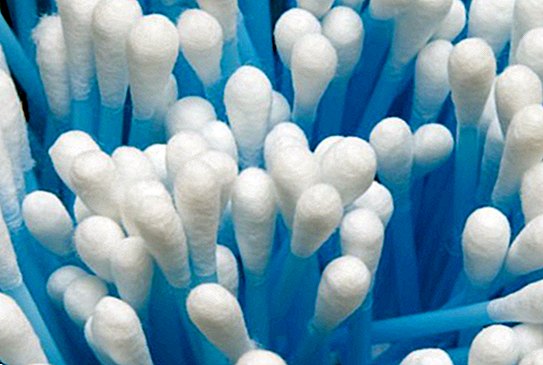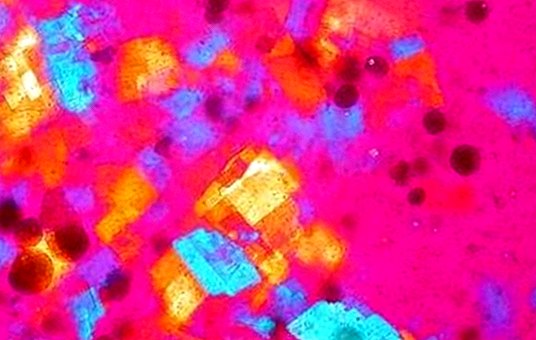Is it appropriate to reuse plastic water bottles? Your possible risks
It is quite probable that, like me, you have also done it on occasion: we bought a plastic bottle with mineral water and after finishing it we keep it for a few days, to refill it again with more water. It is as we see a very common and routine habit, but with obvious risks to our health if we do not maintain adequate minimum protections. The same thing happens in the end with any plastic container and not only with water bottles.
First of all, we must bear in mind that this type of containers were originally intended for a single use, hence it is evident that we ask ourselves the following question: Is it completely safe to return to reusing plastic containers such as a water bottle?.

The doubts go mainly by two sides: on the one hand the existence of contaminated bacteria present inside the bottle, and on the other hand the presence or not of Bisphenol A or BPA, a very common chemical that can be released from the bottles towards the liquid
The presence of Bisphenol A or BPA in bottles and other plastic containers
Until a few months ago different scientific studies had warned about the use of Bisphenol A or BPA in rigid plastic containers and their possible effects related to endocrine problems. A chemical product associated mainly with polycarbonate containers and that can be released and reach drinks and food.
While it is true that a precautionary principle in Europe is prohibited the use of Bisphenol A or BPA in products intended for breastfeeding and early age (as is the case of bottles or dishes designed for children), in January this same year the European authorities concluded that "BPA does not pose any risk to the health of consumers of any demographic group at current exposure levels".

However, in the case of flexible plastic bottles are made with PET (polyethylene terephthalate), which stand out as one hundred percent recyclable and also do not use Bisphenol A in its composition.
Therefore, as most experts point out, in reality the real risk to our health that would imply the reuse of water bottles and other plastic containers is above all microbiological; that is, they can be converted into a large nest of bacteria.
The presence of bacteria, increasing the risk of bacterial contamination
This is evidently the main problem that we can find when reusing plastic containers: even if we wash them continuously, precisely that washing and reuse process can spoil the plastic, cracking or narrowing it. And is that as many experts say, the mechanical resistance of a water bottle is intended for a single use only.
In this point Bacteria can survive in plastic cracks and become a real risk to health. This problem is joined by the presence of microorganisms from our own mouth and hands, which can increase the risk of bacterial contamination.
How to reuse plastic bottles properly?
If despite the recommendations you insist on continuing to use the same plastic bottle several times, an appropriate option is to try to maintain a series of basic habits that prevent contamination with microorganisms and bacteria:
- Do not stick your mouth: this is a basic advice that helps not to leave in the mouthpiece of the bottle different microorganisms from our mouth, which tend to be those that cause bad odor when uncovering the bottle.
- Wash your hands well: the hands also contain microorganisms that can pass to the plastic of the bottle, and from there to its interior. Therefore, as with any other type of basic hygiene recommendation at the time of eating or drinking water, it is of vital importance to wash our hands thoroughly.
- Clean and wash the bottle well: after each use it is essential to wash the bottle using a mild soap and not too hot water (if you use hotter water you could damage the plastic).
- Observe the bottle well: before each reuse it is very important that you notice the physical deterioration that the plastic bottle or container may present. You must make sure that it does not show any cracks or breaks, and if there is one that is most appropriate, it is recycled directly.

As we can see, although reusing plastic bottles can pose a health risk due to the presence of certain microorganisms and bacteria (therefore, it is best to give them a single use and then recycle them), if you keep certain basic tips, it is possible to reuse them. But always be careful. ThemesWater



